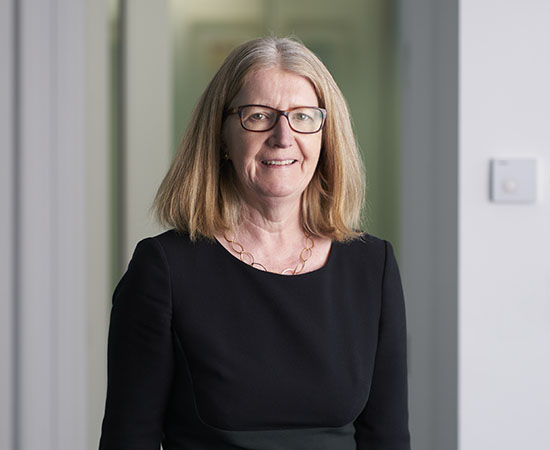The article was first published by Spear’s on November 10, 2018.
As incidents of financial abuse against the are on the elderly increase, its important to look at rigid LPA’s, writes Ann Stanyer
When an individuals’ faculties decline, they want reassurance that there is someone in place to manage their property and finances as well as they would have managed it themselves.
As experienced private client lawyers, we would not want to let our clients fall into the trap of appointing individuals who are poor money managers, who have failing businesses, and who might be tempted to help themselves to our clients’ money.
What is now being recognised is that clients need to take time and specialist advice to avoid these problems arising. Some simple measures can protect the clients. For example, appointing attorneys to act jointly so both are involved in all decisions; a condition that annual accounts are prepared and audited by the client’s accountant; and that transactions over say £10,000 must be taken by all attorneys even where there is only a joint and several appointment.
The Office of the Public Guardian (OPG) reports that there were 770,000 Lasting Powers of Attorney’s (LPA) registered last year compared with 125,000 in 2009/10.
It is understood that there are now 2.5 million LPAs registered in total. This included 58,000 deputyships. Such a large number of LPAs could be masking a growing problem.
In a freedom of information request carried out by the insurer Royal London, the figures revealed that investigations by the OPG into the attorneys and deputies increased by 45 per cent. There were 1,729 investigations in 2017/2018 compared with 1,199 in the previous year, whereas there were also 82 investigations into deputies in 2017-18. Deputies are supervised, so they must submit annual accounts and provide a surety bond to cover losses which they are responsible for.
From surveys in other countries it has become apparent that incidents of financial abuse against older persons are increasing. What we do not know is how many LPAs are in active use. Most practitioners will register an LPA soon after it has been signed regardless of the donor’s mental capacity so that it is ready to be used when needed, but this might not be for decades to come, if at all. Of those registered, it is therefore difficult for the OPG to know at any one time which are “active”, and whether of these, the problem is deliberate financial abuse or simply a matter of poor financial management skills.
It is clear that concerns about the large numbers of unsupervised LPAs being registered each year are rising. It seems that a large problem is unwittingly being created. There will come a point when some form of spot checks, request for accounts will become a requirement.
It does seem that at the very least a statutory requirement to retain all financial papers, accounting for particular transactions and possibly a surety bond condition will be introduced. It is all very well to insist that
LPA donors are free to appoint whomsoever they want as attorneys. Surely we must introduce additional protective requirements to protect the donors’ assets from both mismanagement and misappropriation.





